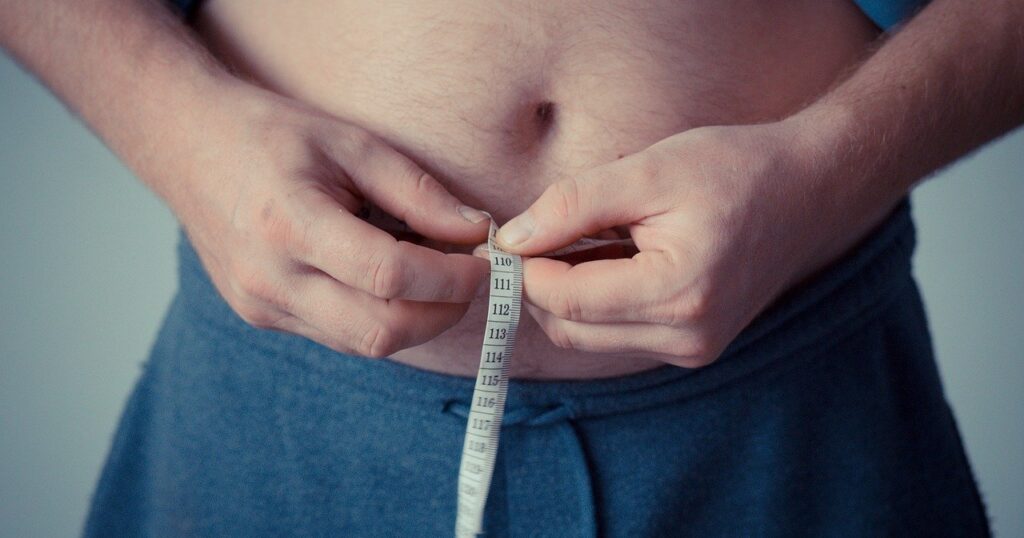

Freediving is great exercise for general physical and mental fitness. It burns high numbers of calories due to the energetic cost of maintaining body temperature in open water as well as the aerobic and anaerobic activities involved. Overweight but otherwise healthy individuals can freedive recreationally with the usual necessary training and preparation. Anyone with heart, lung or other medical conditions should take medical advice before freediving.
Freediving can help you lose weight. It is a physically demanding sport and you will need to have a sufficient level of general physical fitness to be able to participate safely, whatever your starting weight. If you have existing heart, lung or other relevant medical conditions you should consult your doctor before you try freediving.
The True Story Book of Freediving Champion Audrey Mestre and the Story of Her Death
View on Amazon: The Last Attempt (Opens new tab)


Top rated read
If you’re interested in learning more about freediving and weight loss then this article is a good place to start your thinking. We tell you about the effects of freediving on the body, including its high level of calorie-burning, and discuss freediving when overweight.
Is freediving good for the body?
Freediving is good exercise for building broad physical and mental fitness, improving lung function, and burning a high number of calories. With regular freediving, your body adapts to use oxygen more efficiently. It can also improve concentration, relaxation ability and mental resilience.
At the same time freediving makes major physical and mental demands on the body due to its high pressure underwater environment, and the related compression of airspaces in our bodies (ears, lungs, sinuses) as we dive. Breath-holding also forces the body to adapt and switch to different mechanisms and pathways in order to conserve oxygen and prioritize the function of the vital organs.
Physical changes observed during freediving include:
- bradycardia (reduced heart rate, which can fall by 50% in trained freedivers),
- peripheral vasoconstriction (reduced blood flow to limbs and diversion to brain and other vital organs),
- reduced oxygen levels in peripheral areas (corresponding to reduced blood flow, and a shift to anaerobic work in these muscles).
It’s essential to be healthy and well-trained in order to participate in freediving safely and achieve high levels of performance. With proper training, the physical benefits from freediving may outweigh risks.
Why does freediving burn so many calories?
If you look through online articles and forum discussions, you will learn that freediving can burn anywhere from 400-1200 calories per hour, depending on water conditions, water temperatures, dive length and depth and other factors.
Freediving burns calories through several pathways:
- Maintaining core body temperature. This may be the major reason that we see such high freediving calorie consumption. Freediving will almost always be carried out in deep areas of open seas and lakes where water temperatures are significantly below normal body temperatures and this will activate internal mechanisms to stop body temperature falling. Even during less-strenuous diving sessions, the body is constantly using its energy stores to stay warm.
- Aerobic activity. Sections of a dive may involve aerobic activity or a mix of aerobic and anaerobic activity. Freedivers may also swim between different areas of water. Any type of movement burns calories, whether through an aerobic or anaerobic pathway.
- Anaerobic activity. During much of an individual freedive the heart rate will be low and physical movements slower than while on the surface or on land. Despite this, the body making making far greater physical effort to move under the huge water pressures and burning lots of calories to fuel anaerobic activity in arm and leg muscles.
Can you freedive if you’re overweight?
You can freedive recreationally if you’re overweight, as long as you’re well-trained and otherwise healthy with no significant heart or lung conditions etc…
Whatever your weight, a broad training program of cardio, strength and mental resilience exercises can help boost your freediving performance. Breath-hold training and breathing enhancement exercises are essential for all freedivers and beginners should not attempt freediving without this practice.
As with any sport, it’s always better to be in good and healthy shape as it will lead to a better freediving performance, but being overweight should not stop you from starting to freedive, and it’s a great way to lose weight too. We’ve also written a great article on how to get into shape for freediving (opens new tab) as well which can act as a great guide to getting going.
Elite freedivers are unlikely to be overweight due to the physical demands of the sport and their regular practice. If competing at these levels, excess weight may negatively affect performance (e.g. more body fat may mean more buoyancy and harder work during the dive).
References
https://www.ncbi.nlm.nih.gov/pmc/articles/PMC3590872/
https://journals.physiology.org/doi/full/10.1152/japplphysiol.90991.2008
